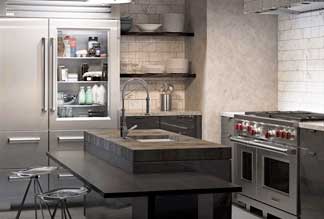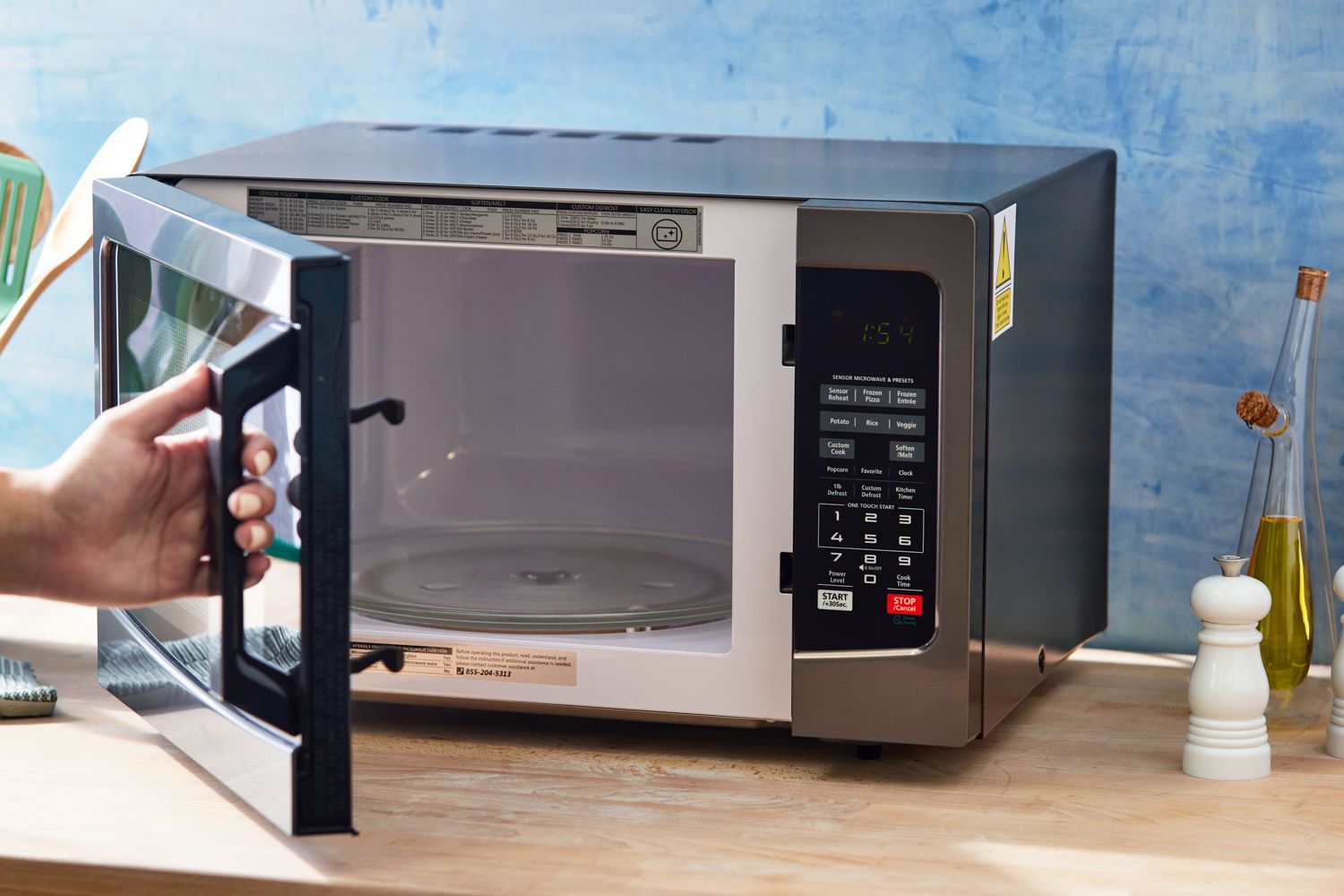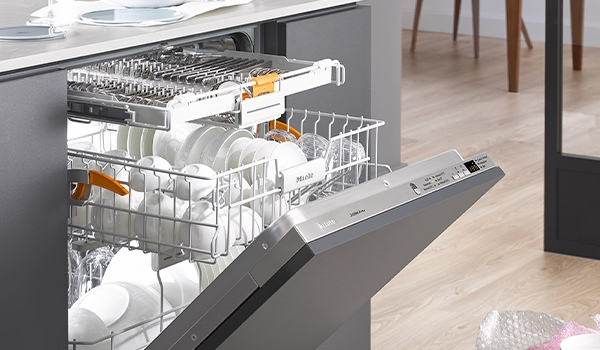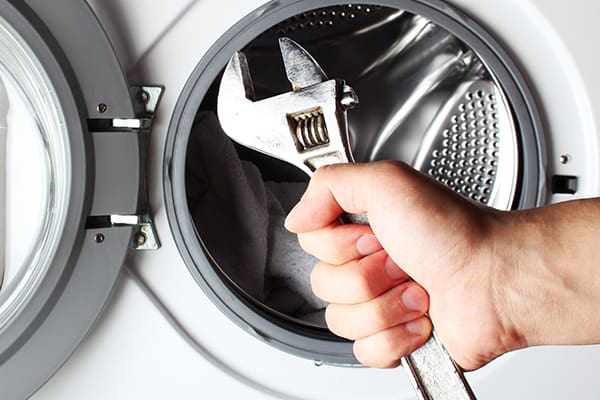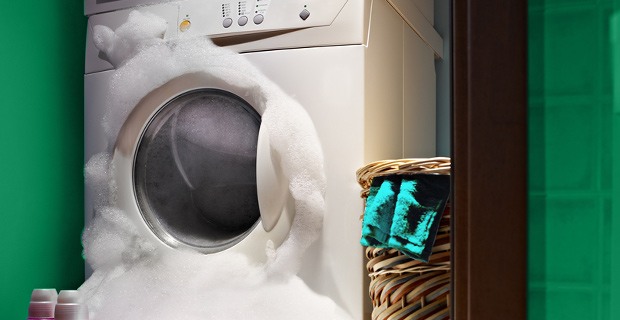Preparing Your Appliances for Winter
Understanding and addressing common appliance issues during winter is crucial for maintaining their efficiency and longevity. Regular maintenance, such as inspecting heating systems, protecting pipes from freezing, and clearing vents, can prevent major breakdowns and ensure your home remains warm and functional throughout the cold season.
Preparing Your Appliances for Winter
As winter approaches, preparing your home appliances for the colder months is crucial to ensure their efficiency and longevity. Proper winterization can prevent unexpected malfunctions and costly repairs during the coldest days of the year.
Heating System: Schedule a professional inspection of your heating system to ensure it is clean, functioning efficiently, and safe to operate all winter long. Replace filters and check for any needed repairs.
Water Heater: Insulate your water heater and exposed pipes to prevent heat loss and freezing. Consider a professional tune-up to check for efficiency and any potential issues like sediment buildup.
Refrigerator and Freezer: Ensure that your refrigerator and freezer seals are tight to maintain proper temperature. Clean the condenser coils to improve efficiency since these appliances work harder in colder environments.
Emergency Generators: If you use generators, make sure they are serviced and ready. Check fuel supplies and start them up to ensure they're in good working order before they're needed.
Implementing these winter appliance maintenance tips can help safeguard your appliances against winter's challenges, ensuring they continue to function smoothly throughout the season.
Winterizing Your Kitchen Appliances
As temperatures drop, taking steps to winterize your kitchen appliances can save you from potential hassles and repairs during the colder months. Here’s how to ensure your kitchen appliances are prepared for winter:
Refrigerator and Freezer: Check the seals on your refrigerator and freezer doors to ensure they are airtight. Weak seals allow cold air to escape, making your appliances work harder and use more energy. Clean the condenser coils, which can be found behind or beneath your refrigerator, to remove any dust or debris that accumulates, ensuring efficient operation.
Oven and Range: Cold weather often means more indoor cooking. Clean your oven and stovetop thoroughly to ensure they are free of food residue and grease, which can pose fire hazards when these appliances are used more frequently.
Dishwasher: Inspect the door seal for leaks and examine the drain for clogs. Dishwashers often work harder during winter months due to more frequent use from holiday cooking and gatherings. Ensure it’s running efficiently by cleaning the spray arms and filters.
Small Appliances: Don’t forget about small countertop appliances. Toasters, blenders, and coffee makers should be cleaned and checked for damaged cords or parts that could be safety hazards in busy kitchens.
By winterizing your kitchen appliances, you ensure they operate efficiently and safely throughout the winter, reducing energy costs and preventing the inconvenience of mid-season breakdowns.
Maintenance Tips for Heating Appliances
As winter sets in, heating appliances become crucial for comfort and survival. Proper maintenance of these appliances not only ensures efficient operation but also enhances safety and longevity. Here are essential maintenance tips to prepare your heating appliances for the cold season:
Furnaces
Filter Replacement: Regularly replace or clean the air filters, ideally every month during high-use seasons like winter. A clean filter improves air flow and efficiency, reducing the furnace's workload and energy consumption.
Annual Inspection: Have a professional technician perform an annual inspection before the start of the heating season. They will check the furnace for issues with the heat exchanger, burners, and other components to ensure everything is in safe working order.
Thermostat Calibration: Ensure your thermostat is accurately calibrated. This can help save energy and maintain consistent comfort levels in your home.
Heat Pumps
Clear Debris: Remove leaves, dirt, and other debris from around the outdoor unit. This debris can block airflow and reduce the system’s efficiency.
Inspect Ducts: Check for leaks in your ductwork, which can significantly reduce heating efficiency. Sealing leaks and insulating ducts can improve performance and reduce energy costs.
Professional Service: Similar to furnaces, heat pumps benefit from an annual service by a qualified technician to ensure optimal performance and address any potential issues before they require costly repairs.
Space Heaters
Check for Damage: Before using any space heater, inspect it for damaged cords, plugs, and heating elements. Using damaged heaters can pose serious fire risks.
Proper Placement: Always place space heaters on a hard, level surface away from flammable materials like curtains, bedding, or furniture. Never use them on tables or surfaces where they can fall.
Ventilation: For fuel-burning space heaters, ensure there is adequate ventilation to prevent carbon monoxide buildup.
Baseboard Heaters
Dust Removal: Regularly vacuum the fins of baseboard heaters to remove dust that accumulates and can burn, producing a foul odor and reducing efficiency.
Check for Obstructions: Ensure that furniture, curtains, and other items do not block the airflow to and from the heaters.
By following these maintenance tips, you can ensure your heating appliances are ready to function safely and efficiently throughout the winter, providing reliable warmth and comfort. Regular upkeep not only prevents breakdowns but also optimizes performance, reducing overall heating costs.
Space Heaters, Water Heaters
Maintaining space heaters and water heaters is crucial for safe and efficient operation, especially during the cold winter months. Here are detailed maintenance tips for these appliances to ensure they perform optimally and safely.
Space Heaters
Regular Inspections: Before using any space heater, inspect it for any signs of wear or damage, such as frayed cords, cracked plastics, or rust. Check the safety features, like automatic shut-off switches and tip-over switches, to ensure they are functioning correctly.
Proper Usage: Always place space heaters on a hard, flat surface away from flammable materials like curtains, bedding, or upholstery. Keep them out of high-traffic areas to prevent tipping, and never use them to dry clothes or other objects.
Cleaning and Storage: Clean the exterior and vents of the heater regularly to prevent dust buildup, which can be a fire hazard. When not in use, store the heater in a dry, safe place away from moisture or potential damage.
Water Heaters
Flush the Tank: At least once a year, drain and flush the tank to remove sediment that builds up and can reduce the heating efficiency of the unit. This sediment can also cause corrosion, which shortens the lifespan of the heater.
Check the Anode Rod: The anode rod in your water heater helps prevent corrosion of the tank. Check it at least once every two years (or more frequently in areas with hard water) and replace it if it's significantly worn to extend the life of your heater.
Insulate Pipes and Tanks: Insulating both the hot and cold water pipes can prevent heat loss and save on energy costs. Additionally, insulating the water heater tank itself can increase efficiency and maintain the water temperature during colder months.
Temperature Setting: Set the water heater temperature to 120°F to optimize performance and reduce energy usage. This temperature is adequate for most needs and minimizes the risk of scalding.
Safety Valve Check: Regularly test the pressure relief valve to ensure it's working correctly. This valve releases pressure if it gets too high inside the tank, preventing potential explosions.
By adhering to these maintenance tips, you can significantly enhance the safety, efficiency, and longevity of your space and water heaters. Proper care not only ensures reliable performance but also helps prevent costly repairs and potential hazards during the winter season.
Common Winter Appliance Issues
During the cold winter months, certain appliances are prone to specific issues due to increased use and environmental conditions. Being aware of these common problems can help you prepare and respond effectively:
Heating System Overload: Heating systems can become overloaded due to continuous use, which may lead to breakdowns. Regular maintenance checks are essential to ensure they operate efficiently throughout the season.
Water Heater Failures: Increased demand for hot water in winter can strain water heaters, leading to potential failures. Inspecting elements like the anode rod and flushing the tank annually can prevent these issues.
Frozen Pipes: Pipes, especially those in uninsulated areas of the home, can freeze and burst, causing significant damage. Insulating pipes and maintaining a steady indoor temperature can help mitigate this risk.
Blocked Vents and Filters: Heating appliances may have blocked air filters or vents due to increased debris and dust from winter winds. Regular cleaning and checks ensure optimal air flow and efficiency.
Addressing these winter-specific challenges through proactive maintenance can help keep your appliances running smoothly, preventing inconvenient and costly repairs.


